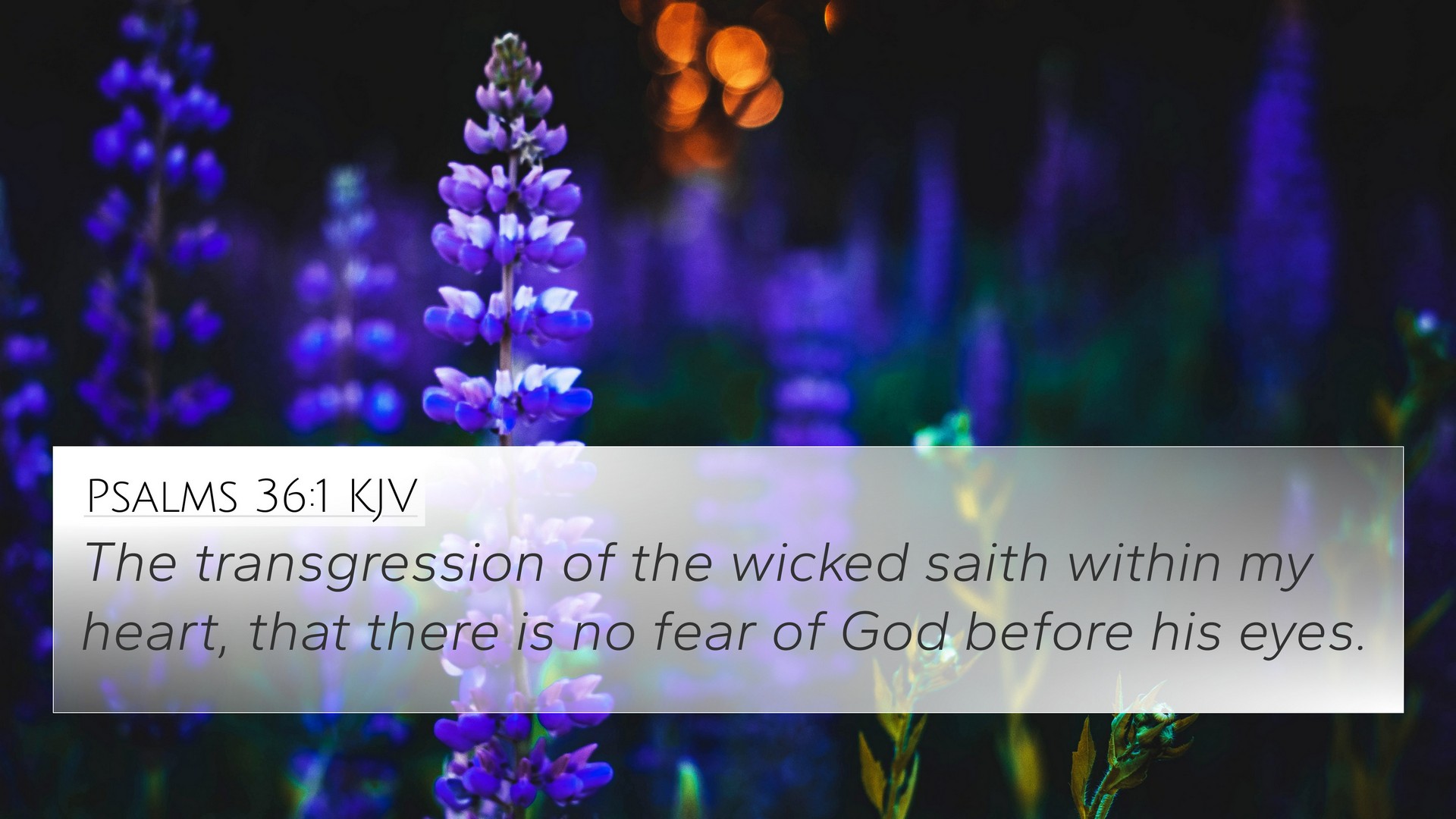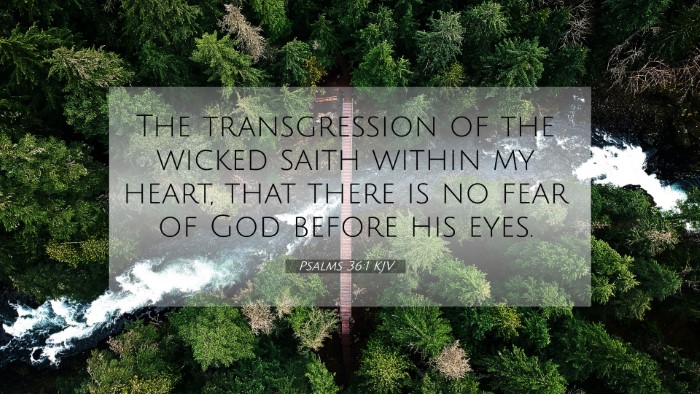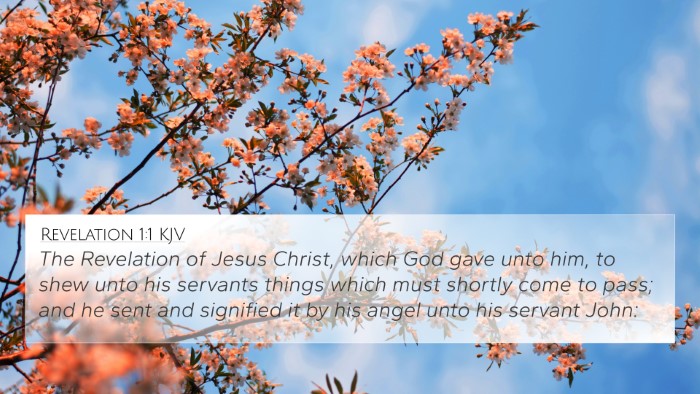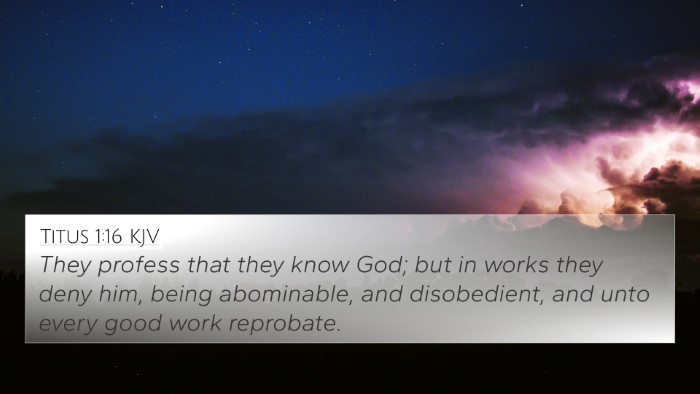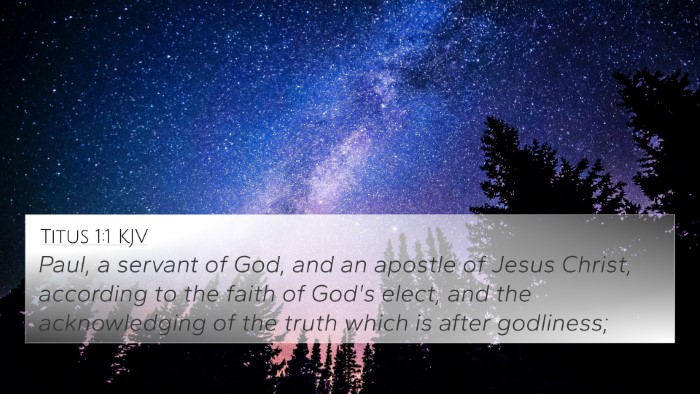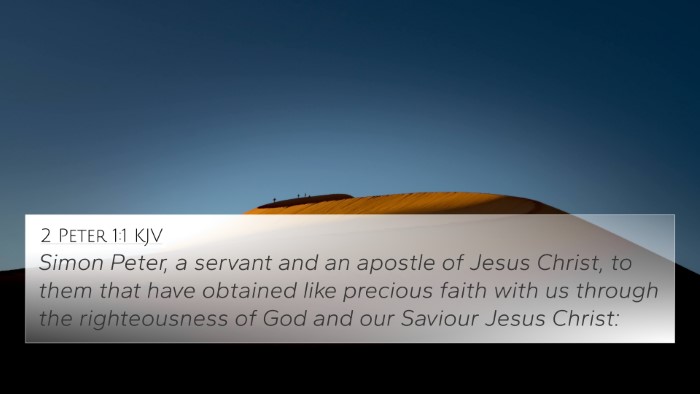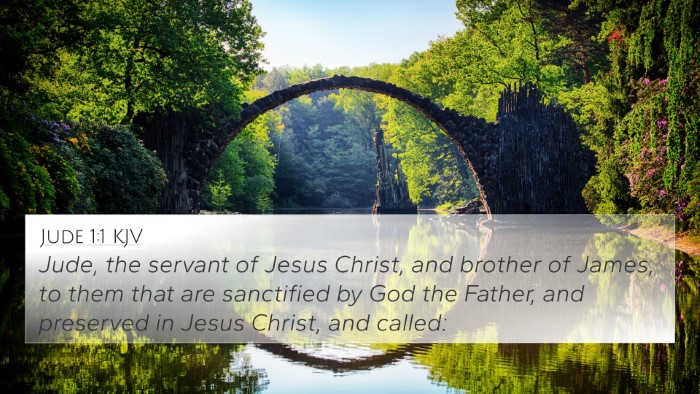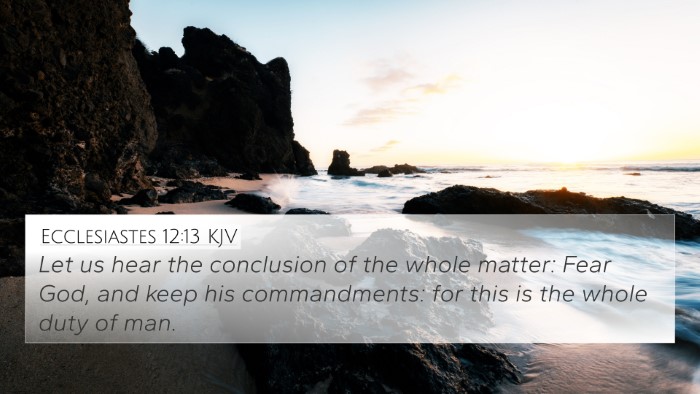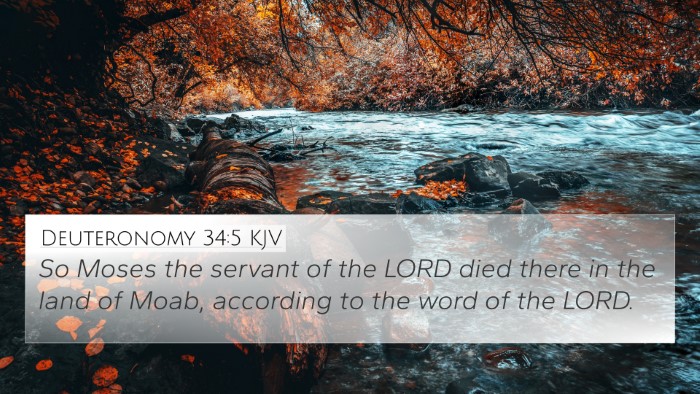Psalms 36:1 states: "The transgression of the wicked saith within my heart, that there is no fear of God before his eyes." This verse presents a profound insight into the nature of the wicked and their disregard for the divine. Below, we explore its meaning as derived from several public domain commentaries including those by Matthew Henry, Albert Barnes, and Adam Clarke.
Overall Interpretation
This Psalm reflects on the moral condition of the wicked, emphasizing their lack of reverence for God. The opening line illustrates an internal dialogue, revealing how the wicked justify their actions by dismissing the fear of God. It serves as a cautionary statement about the spiritual blindness that accompanies sin.
Insights from Commentaries
- Matthew Henry: Henry underscores the inner dialogue of the wicked, noting that their conscience is silent to the weight of sin. The absence of the fear of God leads to a sense of security in their transgressions, further highlighting their moral depravity. He suggests that this verse serves as a reminder of humanity’s natural tendency to stray from God’s commandments.
- Albert Barnes: Barnes emphasizes the significance of "no fear of God," suggesting that the wicked are emboldened in their sins because they lack an understanding of divine judgment. He relates this to the broader theme of accountability and the consequences of living a life devoid of godliness. For Barnes, this serves both as a warning and a reflection on the relationship between morality and belief.
- Adam Clarke: Clarke elaborates on the implications of this transgression, noting how the absence of fear implies a sense of invulnerability among the wicked. He connects this to a broader theme of natural human sinfulness, where moral judgments become clouded by pride. Clarke's analysis is steeped in the understanding that the fear of God serves as a protective boundary against moral decay.
Cross References
This verse finds resonance in many other biblical texts that address the themes of wickedness, fear of God, and moral caution. Below are some important cross-references:
- Romans 3:18: “There is no fear of God before their eyes.” This New Testament parallel reinforces the claim in Psalms regarding the pervasive nature of sin and the lack of reverence for God.
- Psalm 10:4: “The wicked, through the pride of his countenance, will not seek after God: God is not in all his thoughts.” This illustrates the arrogance that leads to a lack of godly fear.
- Proverbs 1:7: “The fear of the LORD is the beginning of knowledge: but fools despise wisdom and instruction.” This highlights the essential nature of the fear of the Lord as foundational to godly living.
- Ecclesiastes 12:13: “Let us hear the conclusion of the whole matter: Fear God, and keep his commandments: for this is the whole duty of man.” This verse underscores the importance of maintaining a healthy fear of God.
- Isaiah 33:14: “The sinners in Zion are afraid; fearfulness hath surprised the hypocrites...” This speaks to the realization of fear among those who disregard God.
- Job 28:28: “And unto man he said, Behold, the fear of the Lord, that is wisdom; and to depart from evil is understanding.” This reinforces the connection between wisdom, fear of the Lord, and moral clarity.
- Luke 12:5: “But I will forewarn you whom ye shall fear: Fear him, which after he hath killed hath power to cast into hell; yea, I say unto you, Fear him.” This New Testament admonition reiterates the seriousness of divine fear.
Thematic Connections
The verse invites a thematic exploration of the concepts of sinfulness and divine accountability. When exploring the connections between Bible verses, it is crucial to consider how fear of God is consistently portrayed as an integral aspect of righteous living. The themes presented in Psalms 36:1 echo throughout scripture, providing a robust framework for understanding the nature of sin and the necessity of divine reverence.
Tools for Cross-Referencing
Utilizing various tools for Bible cross-referencing can enhance understanding. Resources such as a Bible concordance or a cross-reference Bible study guide can facilitate deep dives into scripture connections, making it easier to find Bible verses that relate to each other. Moreover, a Bible cross-reference system can help identify links between the Old and New Testament themes.
Conclusion
Psalms 36:1 succinctly encapsulates the dire reality of those who live without the fear of God. By examining this verse through public domain commentaries and drawing connections to other relevant scriptures, we gain a richer understanding of its meaning and implications. As readers, recognizing these inter-Biblical dialogues not only deepens our comprehension but also strengthens our spiritual fortitude against moral decay.
